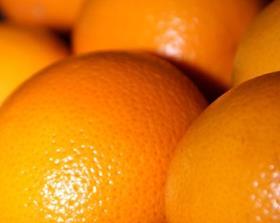
An academic believes the South Australian government should be leveraging Adelaide’s relationship with Chinese sister city Shandong in its bid to have the state’s fruit fly free status recognised in the People’s Republic.
Ryan Manuel, a fellow at the Australian Centre on China and the World at the Australian National University, told ABC Rural it was integral the state government made its own inroads into negotiations, rather than waiting for federal support.
“There is something the South Australian Government can do, which is they can go to the Shandong Government, who are the bosses of the Shandong Ministry of Agriculture, and say, 'look guys, sort this out',' Manuel said.
'And then they go to the Shandong Ministry of Agriculture and within Shandong you could probably get around this. So this is not just a federal issue at all, there are things South Australia can do but they're not [doing them] — that's the problem.'
Manuel’s comments come as South Australian citrus growers renew their calls for a more amicable trade relationship with the Asian nation.
China’s reluctance to recognise South Australia’s fruit fly status means citrus exports from the state must undergo cold sterilisation treatment for 21 days prior to landing in the People’s Republic. Growers are suggesting the process is “unnecessary” and cutting into their returns.
“It's about A$100 a tonne to cold sterilise fruit, so that could come back to the grower, all things being equal,' Riverland citrus grower Mark Doecketold ABC Rural.
Doecke said the citrus industry had been proactive in its bid to have its fruit fly free status recognised by Chinese officials, having hosted numerous delegations of Chinese regional inspectorsas well as visiting the People’s Republic to present its case.



